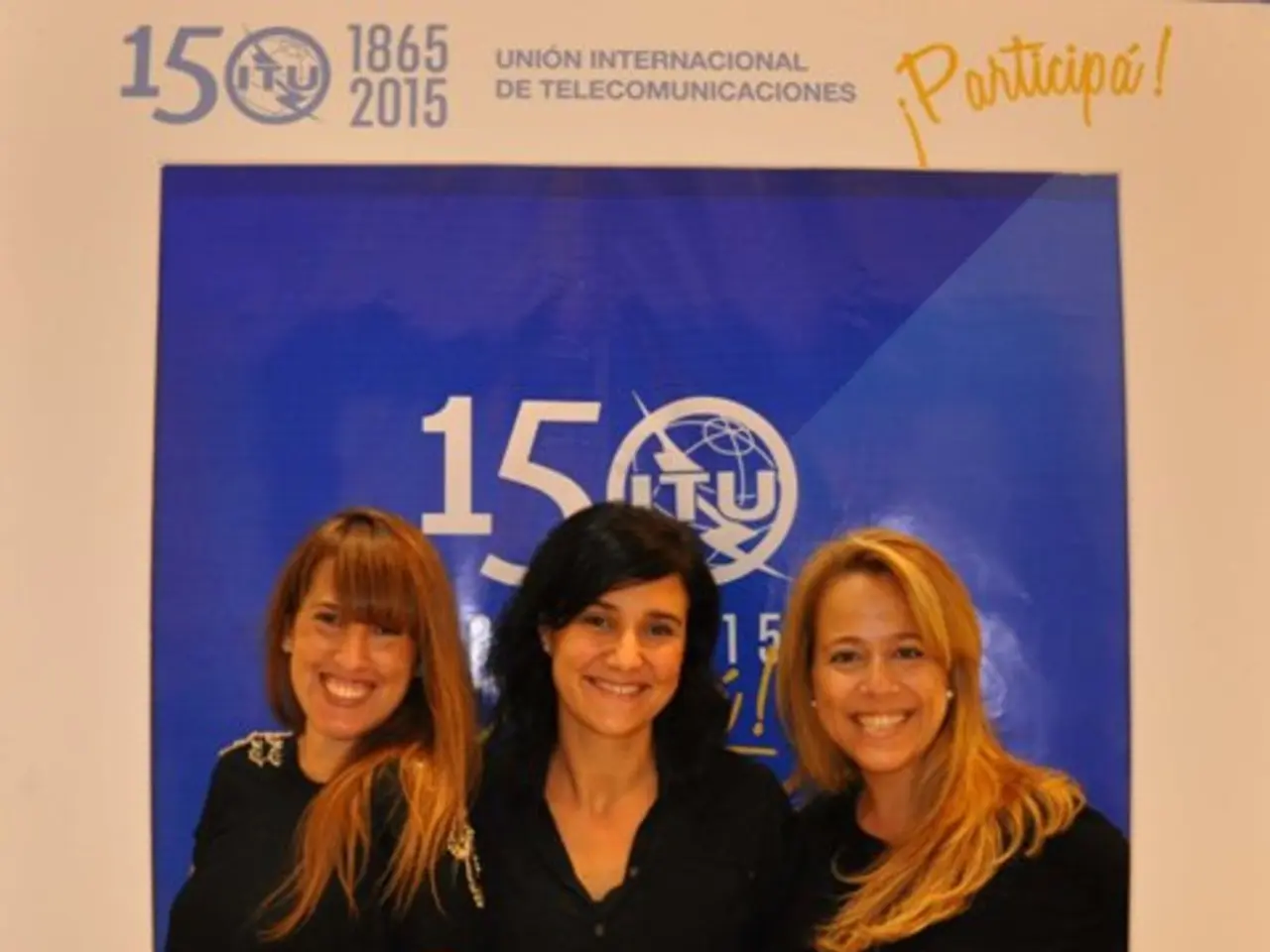Redefining Workplace Wellness: Mental Health Foundation's Proposal for a 32-Hour Workweek in 2025
The Mental Health Foundation, a leading UK charity, has made a significant stride in promoting employee wellbeing by implementing a 32-hour work week without a loss of pay. After a one-year pilot from April 2024 to April 2025, the initiative has demonstrated substantial benefits for mental health and wellbeing, productivity, and work-life balance.
Reduced Stress and Improved Mental Wellbeing
Key findings from the pilot reveal that 69% of staff reported less work-related stress, while 68% experienced improved mental wellbeing. Employees reported better mood, focus, a greater sense of control, and enhanced ability to cope with challenges.
Enhanced Work-Life Balance and Productivity
The pilot also showed that 79% of staff reported a better work-life balance, with more time for family, exercise, hobbies, and essential personal tasks. Remarkably, no loss in productivity was observed; more than half of the staff reported increased productivity and better workload management.
Positive Impact on Recruitment and Retention
The reduced workweek has positively affected recruitment and retention, nearly doubling job applications and halving staff turnover intentions. Many applicants cited the 32-hour week as a key incentive.
Support for Vulnerable Employees
The pilot provided specific support to staff with lived experience of poor mental health, disabilities, and parenting or caring responsibilities. These groups saw the largest benefits, highlighting the pilot’s role in reducing workplace inequalities.
Flexibility and Sustainability
Staff were allowed flexibility in structuring their 32 hours, supporting caring and parenting responsibilities more effectively, which contributed to improved wellbeing and sustainability at work.
A Win-Win Situation
In summary, the Mental Health Foundation’s pilot indicates that a reduced workweek can boost mental health, reduce stress, enhance life satisfaction, and improve work-life balance, while maintaining or even improving productivity and organizational outcomes. The reduced working week has led to a pervasive sense of better presence and focus, allowing employees to compartmentalize their lives and pay more attention to quality time with family, work priorities, and household chores.
The 32-hour week is expected to enhance the Mental Health Foundation's success and competitiveness as an employer in a changing world. Some employees have benefited even more than expected from the 32-hour week, as the flexibility of the working pattern optimizes it for their specific circumstances.
The pilot delivered improvements in wellbeing beyond expectations, and the impact as a charity is believed to be undamaged, possibly boosted by a greater sense of focus and flourishing. The Mental Health Foundation's workforce is highly motivated by the charity's mission, and there is a sense of synergy between achievements at work and overall wellbeing.
For a comprehensive understanding of the 32-hour week pilot at the Mental Health Foundation, a research report is available for reading in full.
- The Mental Health Foundation's initiative of reducing the work week to 32 hours without a loss of pay has resulted in a substantial decrease in work-related stress for 69% of its staff, as well as an improvement in mental wellbeing for 68%.
- The pilot scheme also found that 79% of staff reported a better work-life balance with more time for personal tasks, family, exercise, and hobbies, while over half claimed increased productivity and better workload management.
- Slated to double job applications and reduce staff turnover intentions by half, the reduced work week has positively impacted recruitment and retention within the organization.
- By offering specific support to vulnerable employees such as those with poor mental health, disabilities, and caregiving responsibilities, the pilot has successfully reduced workplace inequalities and underscored its significance.
- Flexibility in structuring the 32 hours has empowered staff to better manage their personal and professional commitments, contributing to improved wellbeing, a better presence, and focus, leading to better working conditions for both the employees and the charity.




